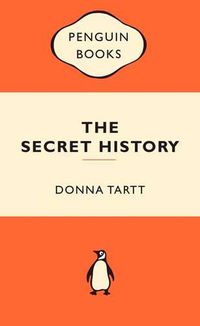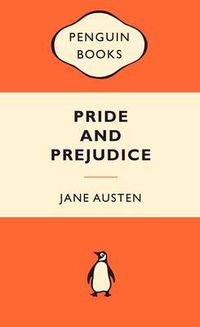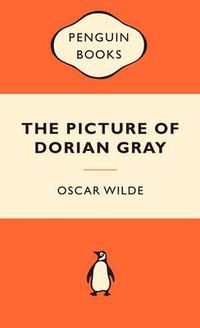The Australia Council was formed in 1967 by then Prime Minister Harold Holt and it was given statutory authority by the Whitlam government in 1975. Modelled on the successful Canada Council, it took on many of its features including arms-length funding to organisations and artists decided by groups of peers. Over its life it has periodically suffered attacks from many sectors in the community; unsuccessful applicants accuse it of being cliquey, commentators such as Andrew Bolt have accused it of being a leftist cabal and governments of various persuasions have tried to mould and influence it.
The most recent incident was with last year’s Sydney Biennale which received flak from a number of artists because it was partly funded by Transfield, which has the contract to run some of our detention centres. When a group of prominent international and local artists threatened to withdraw from the Biennale unless it severed its ties with Transfield, the Biennale did. Angered, the Arts Minister George Brandis tried to pressure the Australia Council, another Biennale supporter, to punish the Biennale and other organisations that refuse sponsorship on political grounds.
Perhaps in response to this incident, Brandis announced in May’s budget that around $104 million would be stripped from the Australia Council’s budget to be used to establish the National Program for Excellence in the Arts (NPEA) which would be administered by Senator Brandis’ department. Little is known about the NPEA; draft guidelines from the Arts Ministry don’t reveal much apart from the fact that the money won’t go to individuals, and will go to organisations that have other income streams. The Ministry will appoint assessors for applications – a nod to arms-length funding, but only a nod, as the Minister and his department will have considerable influence.
Many in the arts community are upset; that the funding has the potential to be partisan and preferential is, I believe, indisputable. I wouldn’t mind so much if not for the fact that the money has been taken out of an already shrinking Arts Council budget. My knowledge of the Australia Council is mainly through its impact on writing and publishing. When I started my career in bookselling in the ‘70s, there was no Australian publishing industry to speak of. Today, despite its recent challenges, this industry is probably Australia’s most successful creative industry, employing thousands of people in publishing, retail, transport and printing.
This is in addition to the major cultural and national benefits of a set of uniquely Australian stories. These stories have been created by Australian writers who, in the overwhelming majority of cases, would not have been able to produce them without the support of the Australia Council. Recent surveys of author’s income showed that only around 18% earned $50,000 or more from their writing and nearly half earned $10,000 or less. Without Australia Council support many writers just wouldn’t have the time to write any of the stories that are now central to our national identity.
But the Australia Council doesn’t just support writers; it provides a whole range of support to the writing and publishing ecosystem, including to writer’s festivals, publishers and exciting innovations such as the Stella Prize. I strongly believe that without Australia Council support over the years we wouldn’t have the vibrant, successful and independent industry that we do have; it would have been a very different beast dominated, like our film industry, by overseas products. Over the years the Australia Council has developed considerable expertise in arts funding, and developed a pretty good idea of what works. Stripping $104 million from the Australia Council to fund a Ministry for the Arts slush fund seems to me a pretty silly thing to do. Sure, it might be okay if the government was awash with money but we know it is not!
Michael Zifcak, long-time head of Collins Booksellers, passed away last month. He was 96. Michael was a charming, urbane man and was a very significant force in Australian book industry in the latter half of the twentieth century. An accountant by profession, he and his wife fled Czechoslovakia after the Soviet invasion in 1948. In 1951 he began work as an accountant at Collins Booksellers, which then consisted of four stores. Eventually, under his auspices, Collins grew to more than 50 shops; and Michael was managing director for 50 years. He also founded Hill of Content Publishing with Michelle Anderson and was president of the Australian Booksellers Association, president of the International Booksellers Federation, and founded the National Book Council. He was awarded an OBE for services to literature, and was a cultural ambassador for UNESCO and Chair of the UNESCO Committee on the Book. Michael became a mentor to me and encouraged me to get involved in the book industry. We always had a friendly rivalry and he often grumbled that his son preferred to buy books from Readings rather than Collins.





